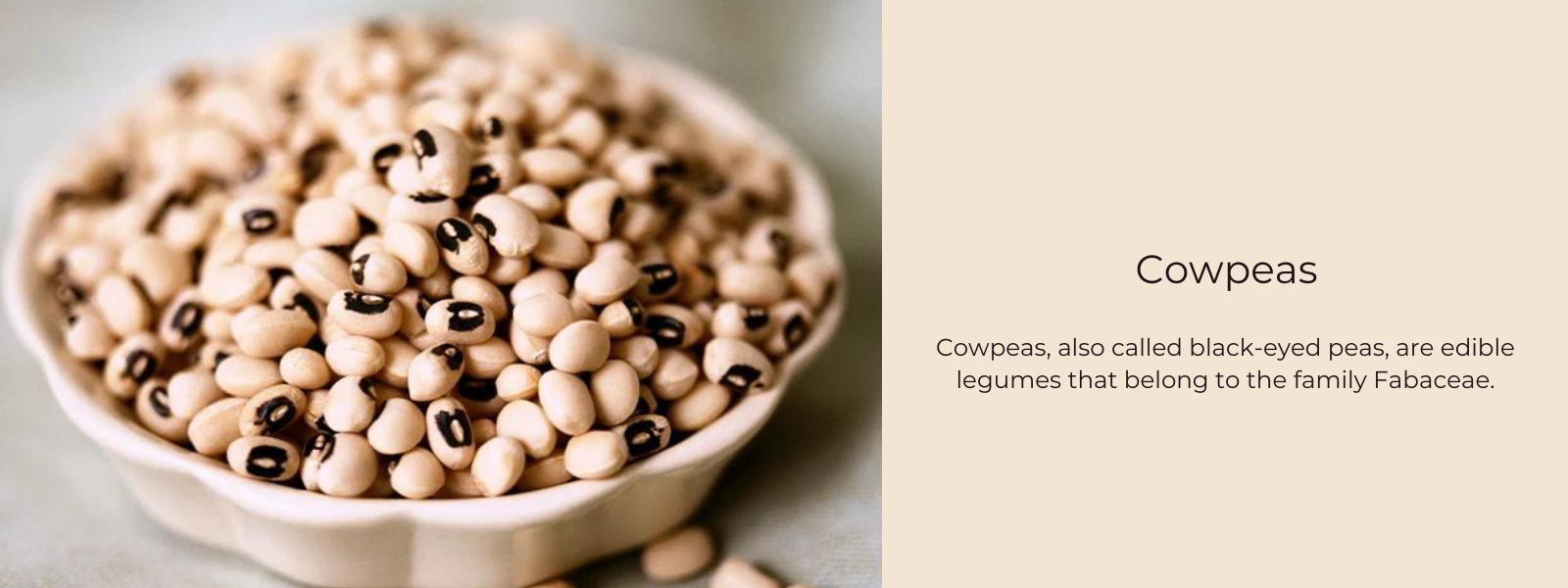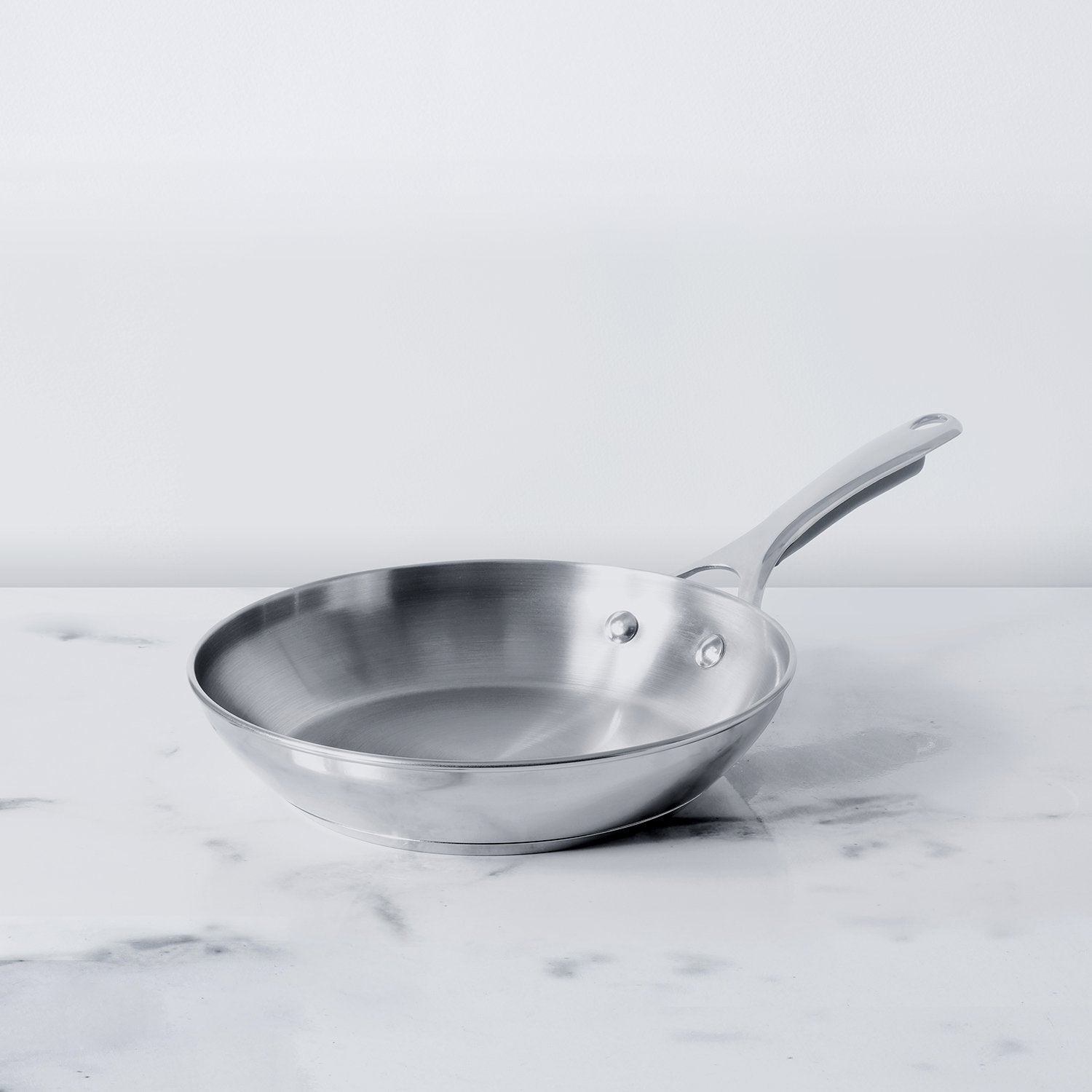French beans, whether boiled and seasoned with salt and pepper, added to salads and soups, sautéed with flavorful herbs, fried with vegetables, or baked in a casserole, are not only a delicious delight but also a terrific source of critical nutrients that give fantastic health benefits.
Table of Contents
What are French beans?
French beans, also known as haricot verts, green beans, common beans, string beans, and snap beans, are the unripe young fruit of the herbaceous annual crop Phaseolus vulgaris and feature prominently in a wide variety of cuisines from India and Thailand to Europe, the Americas, and Oceania.
Origin of French Beans:
The Phaseolus vulgaris plant is native to Peru and Mexico, but it is now cultivated all over the world. The first documented use of beans dates back to at least 800 years ago in Mesoamerica. The Phaseolus vulgaris plant grew for centuries in Mexico and Peru. Several new bean types emerged after their introduction by European settlers to new regions, including the United Kingdom, the United States, India, Thailand, and Australia. As many as 150 different types of edible bean pods are currently harvested around the world, with French beans being one of the most common.
About French Beans Plants:
French beans require warm, moist soil and can be grown in both tropical and temperate locations. The broad green leaves, white flowers, and long green fruits of this annual herbaceous plant can reach a height of 18 inches. Before the white seeds within have had a chance to fully ripen, these unripe fruits are picked for their luscious flavour and eaten. French beans, also known as green beans, have a green covering on the outside and a slightly mushy inside with tiny white seeds. They're great in salads, soups, curries, dals, and casseroles thanks to their crisp texture and subtle sweetness.
Nutritional value of French Beans:
French beans, which are low in calories and fat and high in fibre, are a boon for weight loss and can be taken in moderate amounts every day to effectively shed extra pounds and prevent obesity. Vitamin K, along with calcium, magnesium, and phosphorus, is abundant in these foods, and all of these nutrients work together to build strong bones and joints and reduce the likelihood of bone breakage, joint pain, and osteoporosis. These leafy greens are an excellent source of the minerals iron, zinc, potassium, and copper, which all contribute to better cardiovascular health and the prevention of chronic diseases like diabetes, cancer, cardiovascular disease (CVD), dementia, and more.
To improve health in general, French beans have a wealth of phytonutrients with powerful antioxidant, anti-inflammatory, antibacterial, anticancer, and antiaging properties. Flavonoids, epicatechin, epigallocatechin, polyphenols, catechin, quercetin, kaempferol, and myricetin are only some of the many beneficial chemicals found in French beans. These leafy greens are a wonderful plant-based source of proteins to integrate into your daily diet since they contain a wide variety of essential amino acids like tryptophan, methionine, threonine, isoleucine, leucine, phenylalanine, histidine, lysine, , and valine.
Health benefits of French Beans:
Helps in weight loss:
Those trying to lose weight, and particularly those with diabetes, can benefit from eating French beans regularly because they are low in calories while yet providing a wealth of vital nutrients. These healthy vegetables are a great source of dietary fibre, which is quickly absorbed by the digestive system and helps you feel full for longer, cuts down on cravings, and promotes fat burning.
Improves skin condition
French beans naturally include vitamin C, vitamin A, and the antioxidant-rich minerals zinc and copper. Consuming cooked French beans on a regular basis promotes blood flow to the dermal tissues, which nourishes the cells and soothes the skin, leaving it clear, soft, and well-hydrated.
Fever Fights
French beans' temperature-lowering capability originates from the phytonutrients and other plant components found in them. Including French beans in one's diet can assist a person with a high fever feel better quickly by lowering their internal temperature and relieving their weariness. Also, since normal metabolism is disrupted during fevers, the potassium in french beans can aid in preserving a healthy electrolyte balance.
Treats Heart Problems
With such a high potassium level, French beans are often regarded as a powerful treatment for heart problems such as arrhythmias, chest pain, excessive blood pressure, and coronary heart disease. Including French beans in one's regular diet has been shown to benefit patients with heart conditions by improving blood flow and reducing symptoms.
Improves Cardiac Performance
French beans have such a low cholesterol content that they can be included in the diet on a regular basis without risk to cardiovascular health. The cooked vegetable enhances blood flow to and from the heart, allowing cardiac muscles to perform at their peak, and it can be easily incorporated into many basic handmade Indian cuisines.
Detoxifies Renal Organs
The fibre in French beans encourages the excretory system to do its job. It stimulates the kidneys to produce more urine, which helps flush out toxins quickly while also keeping the body's internal organs well hydrated. They also aid the kidneys and bladder in their daily functions.
Improves Digestion
The high fibre content of French beans makes them an excellent choice for those who want to avoid the unpleasant side effects of a large meal including constipation, gas, and stomach cramps. The regularity of bowel motions brought on by its laxative properties also helps with stomach pain.
Aids Hair Growth
French beans are packed with vitamins and minerals including vitamin B5 and vitamin C that stimulate blood flow and nerve function in the scalp, halting hair loss and encouraging quick hair growth. The high carotene concentration in french beans helps treat alopecia, a condition characterised by bald patches and severe hair loss, by preventing further hair loss and strengthening and smoothing existing hair.
Provides Joint and Bone Strength
French beans' antioxidants help treat joint problems like arthritis, osteoporosis, gout, and fractures by decreasing pain and inflammation. It's rich in calcium, magnesium, and phosphorus—the "big three" of bone-fortifying minerals—and vitamin K, all of which work together to boost bone mass and restore joint mobility.
Improves lung function
Because of its inherent expectorant properties, French beans are excellent for clearing the respiratory tract of excess phlegm and mucus. This protects against allergies and respiratory problems while also greatly improving lung function.
Side effects of French beans:
As a result of their abundance of beneficial nutrients, French beans can be used to effectively cure a wide range of medical conditions. When used normally and in moderation, they do not cause any adverse reactions.
French High levels of vitamin K, found in beans and green beans, can counteract the effects of blood-thinning drugs. Vitamin K is essential for proper blood coagulation. Those on these medications should avoid eating big amounts of French beans because doing so increases the risk of dangerous blood clots.
FAQs on French Beans:
Ques. Can you lose weight by eating French beans?
Ans.You can lose weight by eating French beans. It's low in calories yet high in nutrients like vitamins, minerals, protein, and fibre. When it comes to losing weight, they're a must-eat.
Ques. Can diabetics eat French beans?
Ans. French beans are a healthy option for those with diabetes. It's not a high glycemic food, therefore it won't spike your blood sugar. In addition, dietary fibres lessen the intestinal absorption of sugars and starches. So, it's a good option for diabetics looking for a snack.
Ques. What kinds of beans are good sources of protein?
Ans. Protein is abundant in green beans and French beans. For instance, for every 100 grammes of French beans, there are nearly 2 grammes of proteins. Chickpeas and pinto beans are other good sources of protein.
Ques. Are French beans healthy to eat?
Ans. We can include French beans in our diet, A. They are low in calories while being rich in protein, fibre, and minerals. Hence, it can boost metabolism and help with weight loss. That's why it's such a nutritious snack.
Ques. Can French beans be eaten raw?
Ans. Raw French beans are not safe to eat. If canned, it has an exceptionally high salt content. For this reason, you should never eat raw French beans.
Ques. Can eating French beans cause gas?
Ans. Indeed, flatulence may result from eating too many French beans or from eating them uncooked. Cooked French beans should be consumed at a rate of one to two cups per day.
Ques. Is it safe for pregnant women to eat French beans?
Ans. Pregnant women can benefit from eating French beans. This is because French beans are a good source of vitamin B9 (folate). Hence, it can lessen the likelihood that a foetus would be born with a disability. Preventing neural tube abnormalities is another benefit.
Ques. At what age can French beans be introduced to a baby?
Ans. French beans are appropriate for infants' first solid foods around the age of 7 months. But, before feeding your baby anything new, you should talk to your doctor.











Leave a comment